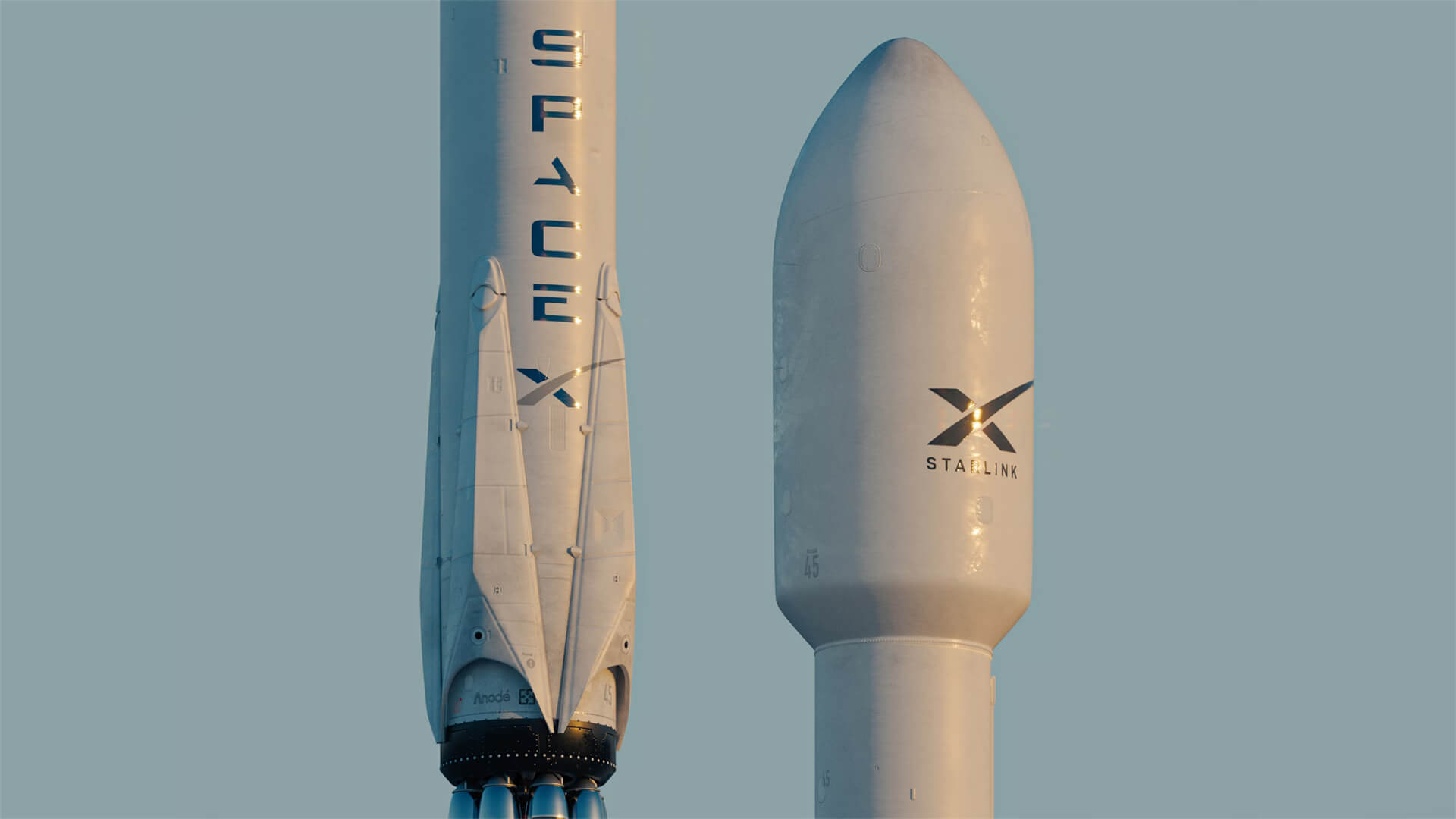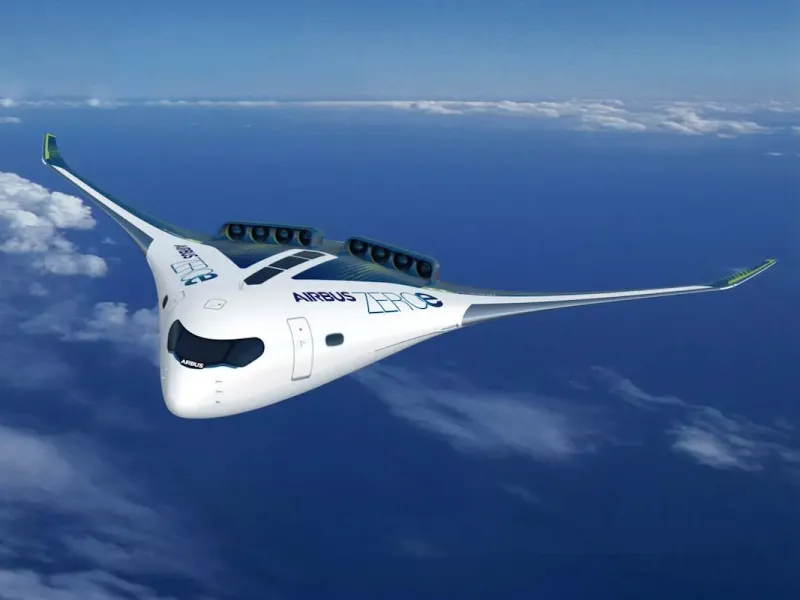Apollo 11 was the first time humans set foot on another world. Launched in 1969, the mission turned science fiction into reality and became one of the most iconic events in history. It wasn’t just about exploration—it was a political and technological milestone during the height of the Cold War, showing what people could accomplish with ambition, teamwork, and innovation.
Mission Overview
Apollo 11 was launched from Kennedy Space Center with astronauts Neil Armstrong, Buzz Aldrin, and Michael Collins aboard. After entering orbit, they traveled over three days to reach the Moon. Armstrong and Aldrin descended in the lunar module, "Eagle," while Collins stayed in orbit.
On July 20, Armstrong became the first person to walk on the Moon. Millions watched on TV as he made his famous declaration. Aldrin joined him shortly after. Together, they collected samples and took photos, spending about two and a half hours outside the lander.
Legacy and Scientific Contributions

The mission brought back over 47 pounds of lunar rock and soil, which scientists still study today. These samples have helped us understand the Moon’s origin and composition.
Beyond science, Apollo 11 proved that long-distance space travel was possible. It inspired generations of engineers and scientists and laid the foundation for modern missions to Mars and beyond.
Conclusion
Apollo 11 was more than just a step on the Moon—it was a leap in human history. It showed what’s possible when science, technology, and determination come together. Its legacy continues to shape the future of space exploration.



